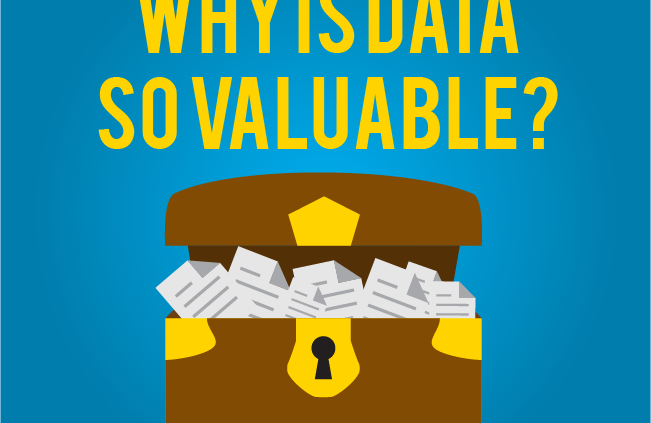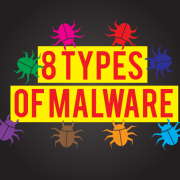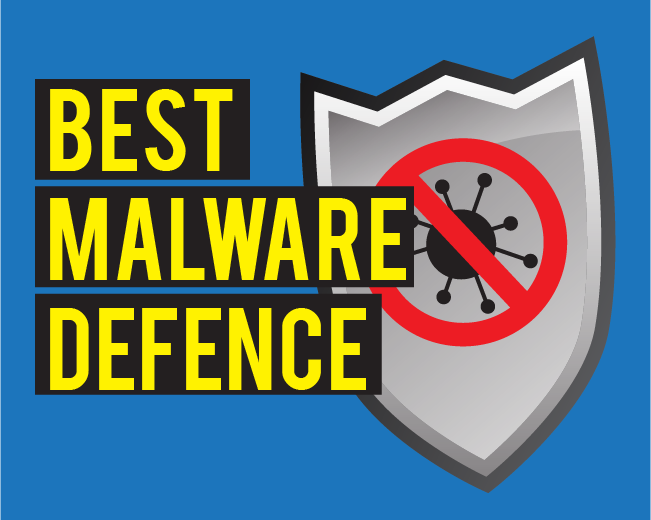What’s the world’s new, most valuable resource?
The title of an article in The Economist says it all – “The world’s most valuable resource is no longer oil, but data”.
Let’s start by defining data. Simply put, data is a collection of facts and statistics for reference or analysis. The processing, interpreting, organizing, and structuring of data creates information. Information is knowledge and has real value to a business that grows with more data.
Where is all this data coming from?
IBM notes that every second we create new data through computers, mobile and Internet of Things devices, wearables, beacons and more. By 2021 there will be over 50 billion smart devices connected around the world and each of those devices will be collecting data.
An IDC study titled Data Age 2025, sponsored by Seagate, predicts worldwide data creation will grow to an enormous 163 zettabytes (ZB) by 2025. Additionally, the research also noted these key findings:
- The number of embedded devices will grow from less than one per person to more than four in the next 10 years.
- In just 8 years, the average person will interact with a connected device nearly 4,800 times a day.
- 75 percent of the population will be connected, creating and interacting with data by 2025.
- By 2025, over 25 percent of data created in the global datasphere will be real-time in nature, and IoT real-time data will make up more than 95 percent of this.
- Almost 90 percent of all data created in the global datasphere requires some level of security, but by 2025 less than half will be secured.
How much is data worth to your business?
A significant amount of money is spent on collecting, storing and securing data. What is the value of that data to your business? In an article on Raconteur Doug Laney, vice president and distinguished analyst at Gartner’s data research business, says information-savvy companies with a chief data officer, enterprise data function and data science professionals currently have a book value twice the market average. MITSloan Management Review says data has become a key input for driving growth, enabling businesses to differentiate themselves and maintain a competitive edge.
With the rise in the volume of data being collected comes a rise in cybercrime. The 2019 Official Annual Cybercrime Report by Cybersecurity Ventures, predicts cybercrime will cost the world in excess of $6 trillion annually by 2021, up from $3 trillion in 2015. Accenture’s Ninth Annual Cost of Cybercrime global study estimates security breaches are up >11% over the past year and 67% over the last five years.
Why is data so valuable?
As noted above, the processing, interpreting, organizing, and structuring of data creates information. This information provides your business with the critical insight needed to:
- Improve your products and services
- Enhance customer experience and satisfaction
- Increase employee productivity
- Improve business efficiency
An improvement in any one of these areas will have a significant impact on your business. There is no question that data is valuable, but is it really the world’s most valuable resource? That’s entirely subjective but there’s no one that’ll argue its importance and potential impact on industry.
How do you protect your most valuable asset – data?
When something is important you must protect it. Take the following steps to protect your data:
- Regularly backup all of your important data at both the organizational and individual level. For instance, implement an easy to use endpoint backup and protection solution like Data Deposit Box. Try it for free here.
- Ensure versioning is in place for files, sync and backups. This means saving versions of documents to protect against accidental deletion and for audit purposes
- Train all employees on cybersecurity, proper data handling and storage, and password protection practices
- Secure access to digital and physical information using antivirus, infrastructure (like firewalls), endpoint encryption, and related technology
- Don’t collect data you don’t need.








Leave a Reply
Want to join the discussion?Feel free to contribute!